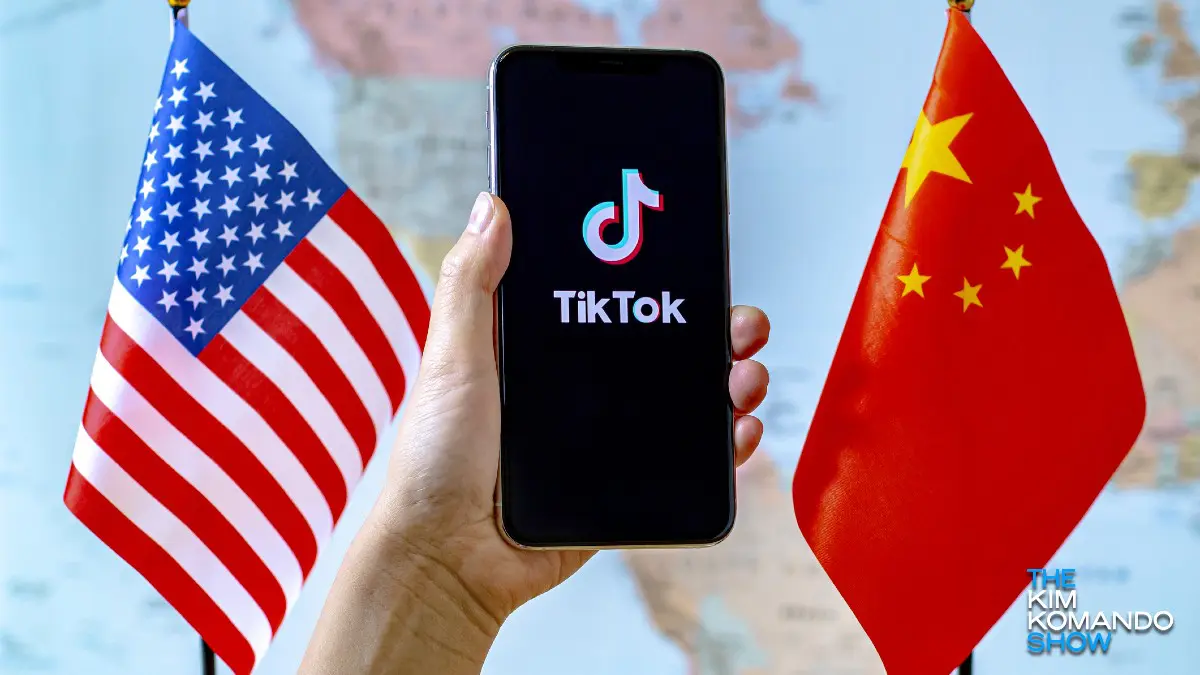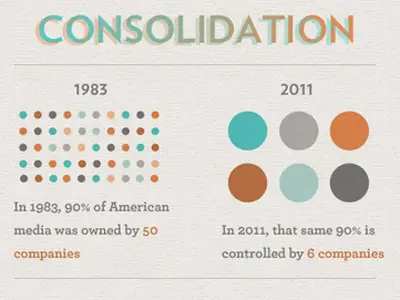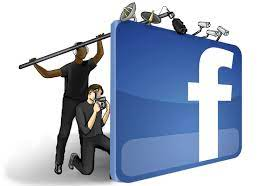Our Relationship with Technology
Technology, in my opinion, can be viewed as both a blessing and a curse. Our society is extremely immersed in all forms of technology - computers, phones, AI softwares, social medias... the list goes on and on. Technology has provided us with efficient and necessary ways to connect with those around us - via social media outlets, extremely fast phone calls, instant messaging apps, and video messaging. However, newer issues such as revenge porn, using deepfakes to steal someone's identity, cyberbullying, and data mining have made the world of technology and social media a rather slippery slope. Society's relationship with technology is complex and multifaceted. On one hand, technology has revolutionized the way we live, work, and communicate, bringing immense benefits to individuals and society as a whole. On the other hand, there are concerns about the negative impact of technology on mental health, social interaction, privacy, and the environment.
One of the most significant ways in which technology has helped us is by enabling us to connect with each other regardless of distance or time zone. Social media platforms, instant messaging apps, and video conferencing tools have made it possible for us to maintain relationships, collaborate on projects, and share information on a global scale. Additionally, technology has made many aspects of our daily lives more convenient, from online shopping to mobile banking to virtual fitness classes.
During the pandemic, technology was one of the safest ways to communicate with one another during the nationwide lockdown. School was being conducted via video messaging apps such as Zoom and Skype, the number of social media users hit an all time high, and online shopping became one of the most popular ways to buy both clothes, and even necessities, like groceries and prescription medications. However, the pandemic's extreme focus on technology had a rather negative effect on many of those who were utilizing technology's "benefits." Excess amounts of screen time resulted in many technology users to develop anxiety, depression, and PTSD. The "real" things seen on social media apps are anything but real - during the pandemic, teen photoshopping, fad diets, and workout videos became extremely popular on all social media apps. This had an extreme effect on me personally, causing me to further develop issues surrounding my body image and eating, which I still struggle with today. Dove recently released a moving campaign called "The Cost of Beauty," surrounding the effects that social media has on young children, and I think that this subject is extremely fitting considering the extreme pressures put on young people to be perfect for the screen.
We constantly are checking our phones to see if we were texted, called, emailed, etc. Moreover, the constant barrage of notifications, messages, and alerts can be overwhelming and distract us from the present moment, making it difficult to focus and be productive. Additionally, the rise of automation and artificial intelligence, such as programs like ChatGPT and new AI softwares have led to concerns about job displacement and economic inequality.
New generations have grown up in a world where technology is ubiquitous, and they have come to rely on it for many aspects of their lives. While this has brought many benefits, it has also led to concerns about the impact of technology on young people's mental health and social development. For example, there is evidence that excessive screen time can interfere with the development of social skills and lead to feelings of loneliness and isolation. Often, when I go out to eat with friends or family, I will see toddlers as young as two years old with tablets in their hands, parents on their phones, etc. Sometimes, families do not talk to each other at all at the dinner table. I am definitely guilty of this myself, but it is disheartening to think that relationships could possibly be soon diminished due to the addictive qualities of technology, social media, and electronic games.
In terms of how technology impacts the normal person's daily life, it is difficult to overstate the extent to which technology has become intertwined with our routines and habits. From the moment we wake up, we often reach for our phones to check messages and social media, and throughout the day, we rely on a variety of devices and platforms to navigate our personal and professional lives. While technology has undoubtedly made many tasks easier and more efficient, it has also created new challenges and demands on our time and attention.
Society's relationship with technology is extremely complicated. Some would definitely call it a love-hate relationship. While technology has brought many benefits to individuals and society as a whole, it has also created new challenges and concerns that must be addressed. It is up to us as individuals and as a society to use technology in a responsible and balanced way, taking care to mitigate its negative impacts while maximizing its potential for good.


















